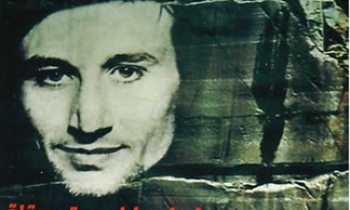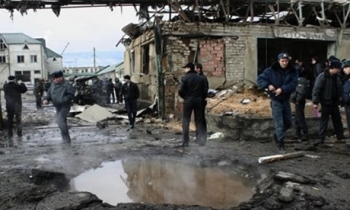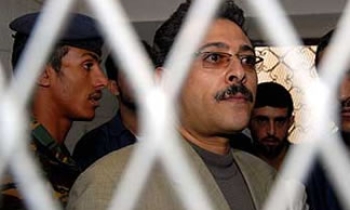Leading newspapers in Slovakia published identical protests on otherwise blank front pages Thursday to condemn legislation that they said would undermine press freedom, news agencies have reported.
The six main dailies, including Novy Cas, SME, Pravda, Hospodarske Noviny and Plus Jeden Den, left their front pages empty except for a list of "seven sins" in the legislation, which would require them to print responses by people or institutions to any news article even if the published information were true.
They said the proposed law would grant excessive rights to readers, state institutions and others to have their opinions published, which would "seriously harm editorial work, violate principles of democracy, rights of citizens and press freedom." "Do you want your favorite newspaper to be made by someone else than by reporters?" the papers asked.
"There is a serious risk for newspapers that their content will not be decided by the newsrooms but by politicians and their press departments demanding the right of reply after every critical sentence," wrote Dag Danis, chief columnist at Pravda, Slovakia's largest broadsheet daily.
The issue, Reuters reported, has blocked Slovak ratification of a European Union treaty that would overhaul EU institutions, because the political opposition refuses to back the treaty unless the government dilutes the proposed media law.
The protest is the third time in Slovakia's 15-year history as an independent nation when publishers agreed to withhold news from their front pages, according to Bloomberg News. Publishers were last driven to use their newspapers as a platform for protest in 1995 and 1997, during the tenure of former Prime Minister Vladimir Meciar, who was criticized by the EU and the US for failing to promote democracy and the rule of law. Under Meciar's rule, the nation was isolated and blocked from joining the North Atlantic Treaty Organization (NATO) and theEU. After his 1998 ouster, Slovakia joined both organisations.
The ruling coalition of Prime Minister Robert Fico has a comfortable majority to pass the legislation, which is scheduled for debate next week, and says it will not make any further concessions. But it needs opposition support for the three-fifths majority needed to approve the EU treaty.
Fico, who was elected in 2006 with promises to better care for the poor, stop sales of state assets and withdraw troops from Iraq, has repeatedly clashed with the press because most private news outlets are critical of his welfare measures. He has called the news media his only real opposition, has accused journalists of taking bribes and once ended a press briefing by wishing newspapers a decline in their readership, according to Reuters.
The government has said that the proposed media law conforms to standards in EU countries and that it would not abuse the right of reply. Fico offered last week to omit a clause allowing the government to fine a news outlet if it found that its reports promoted socially harmful behavior, like racial hatred or war.
The Organization for Security and Cooperation in Europe (OSCE) welcomed the proposed change but said the legislation would still "grant politicians limitless access to publicity over the heads of editors" and seriously restrict editorial autonomy.
"It is disappointing that recommendations regarding the right of reply were not implemented," said Miklos Haraszti, the media freedom representative for OSCE. "As it stands now, the law would still fail to comply with Slovakia's OSCE commitments to protect media freedom," Haraszti said.









